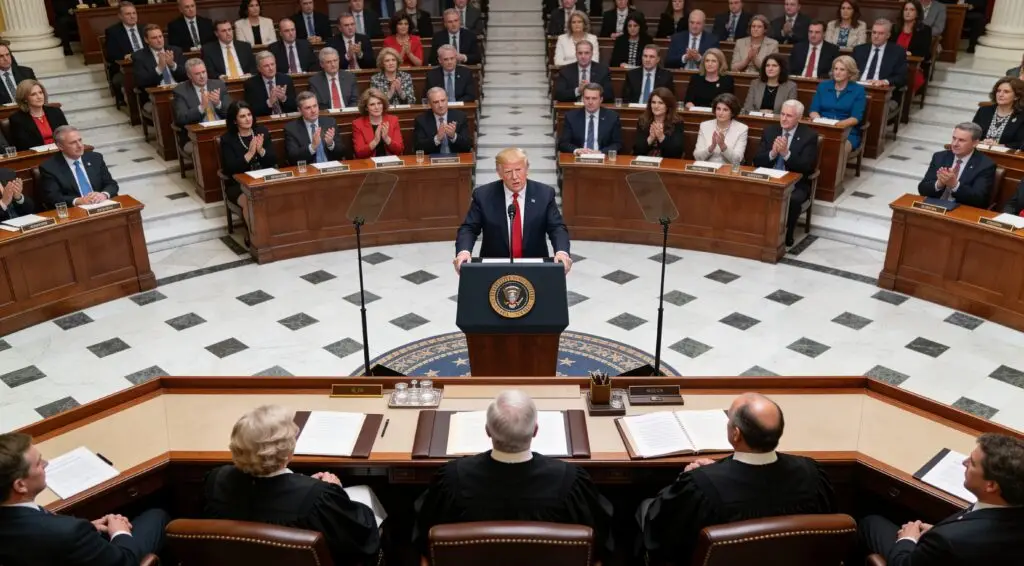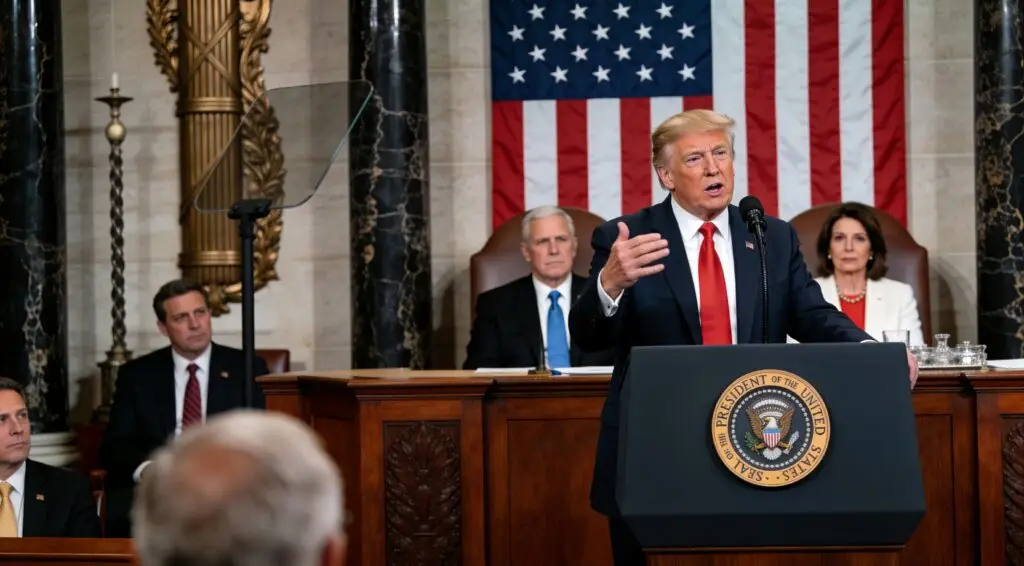Corporate Executives Advocate for Environmental Responsibility
Finance and retail leaders have raised concerns, urging companies to make sustainability a fundamental strategy instead of a peripheral effort. During the Business Sustainability Conference in Jersey, specialists cautioned that neglecting to incorporate environmental accountability might lead to irreversible effects on both the economy and the planet.
Andrew Mitchell, founder of Equilibrium Futures, shared with BBC Radio Jersey that the financial sector holds a vital dual responsibility of fostering growth while simultaneously contributing to environmental harm. He stressed that the existing path poses a threat of what he termed “natural capital bankruptcy,” calling on CEOs to take action before it becomes irreversible.

A Plea for Lasting Change in Corporate Practices
Speakers at the event reached a consensus that sustainability must be viewed not merely as a public relations initiative, but rather as a crucial strategy for business survival. It was observed that businesses adopting energy efficiency, optimizing resources, and maintaining ethical supply chains are not only cutting down on emissions but also enhancing their competitive edge.
Manish Datta, the director of sustainability at Specsavers Group, emphasized that modern business models should prioritize sustainability, ensuring a balance between profit and responsibility. He emphasized that effective resource management safeguards ecosystems while allowing companies to function “in a resilient and commercially astute manner.”
Economic and Environmental Crises Are Interlinked
Michelle Ryan, chair of the Jersey Association of Sustainability Practitioners, emphasized that climate change, nature collapse, and social inequality are interconnected symptoms of a singular systemic issue: unsustainable economic practices. She cautioned that these are not potential threats looming on the horizon but current challenges impacting every sector.
Ryan highlights that severe weather occurrences, worldwide unrest, and deepening political divides are currently impacting supply chains, resource expenses, and the behavior of consumers. She contended that companies need to modify their structures immediately or face the danger of becoming irrelevant in the marketplace over the next ten years.
Recommended Article: US Banking Turmoil Pushes Gold to Record High as Markets Drop
Consumer Demand as a Catalyst for Change
A significant focus of the conference was the influence of consumer behavior in driving corporate change. Ryan emphasized the significant impact of public pressure, stating that “when consumers start asking questions, businesses begin to take action.”
In a marketplace that is becoming more aware, customer expectations are evolving to prioritize transparency, ethical sourcing, and accountability for carbon emissions. Experts concur that companies that neglect to adapt to this cultural change may find themselves lagging behind rivals that leverage sustainability as a key advantage.
Financial Institutions Emphasize Green Investment
Voices from the finance sector resonated with this perspective, calling on investors to synchronize capital movements with sustainability objectives. Mitchell contended that financial institutions and asset managers possess the influence to transform global markets by channeling investments into renewable energy, circular economy initiatives, and low-carbon infrastructure.
He stressed that finance leaders should view sustainability not merely as an expense but as a strategic opportunity to reduce systemic risk and enhance market stability over the long term. With a growing focus on environmental impact, the financial sector is witnessing a rapid shift as sustainable investments emerge as a key standard for measuring profitability.
The Distinctive Chance for Jersey to Take the Lead
Speakers highlighted the distinctive advantage of the Channel Islands in spearheading sustainable innovation, attributing this to their compact, interconnected communities and robust local governance. Ryan articulated that Jersey has the capability to roll out pilot sustainability policies more swiftly than larger economies, positioning itself as a benchmark for quick green transformation.
She emphasized that cooperation among government, business, and civil society could accelerate progress in Jersey, demonstrating that even smaller regions can play a significant role in the global sustainability movement.
Experts Declare End of Incremental Change as Sustainability Takes Center Stage
The main point from the conference was unmistakable: the era of gradual change is over. As worldwide environmental, economic, and political challenges escalate, companies are compelled to transition from mere awareness to tangible action.
Experts agree that businesses integrating sustainability into all aspects of their operations, from supply chains to investment strategies, will not only contribute to environmental protection but also ensure resilience and profitability in an ever-evolving landscape.















